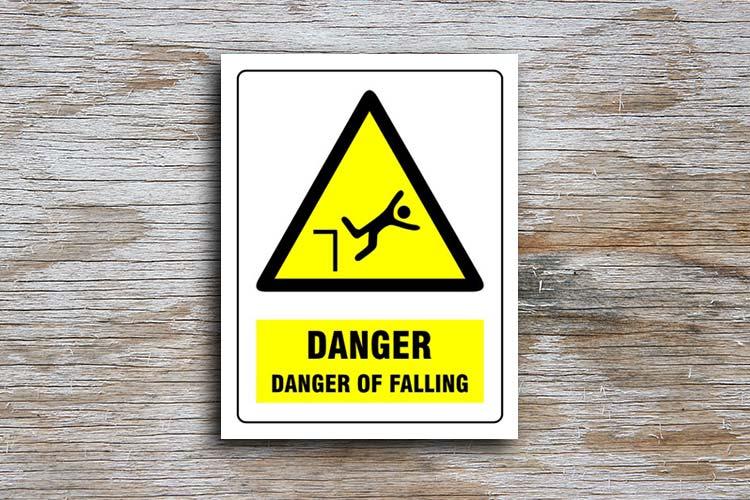
How to Learn from 5 Egregious Blunders from Elite Players
Hi everyone! In this blog I will discuss an entertaining, frustrating, and relatable subject: blundering! Here's how I've organized today's blog: displaying a panoply of 5 horrible yet instructive blunders from the past and present, a catalog of why blunders are made, and various solutions for improving (for some players certain methods will work more effectively) and various sources to help deepen your knowledge.
I believe that this blog has been formatted in an engaging and educative way, helping the reader make the most their time whilst being entertained at the sight of hideous blunders made by grandmasters. It's important to keep in mind that most blunders are deeply interconnected with one another. It should be noted that it's no surprise I primarily used games from World Champions or Womens World Champions to highlight how everyone is susceptible to blundering.
Howler = These are the most tragic, egregious blunders that make history. One reason they're so memorable is that it's a relatively uncommon occurrence in classical chess among grandmasters. They are pure torture, yet they even though they seem so inexplicable, at the end of this blog I've diagnosed the potential issues and prescribed specific antibiotic solutions to eradicate the issue almost completely. (We are human, after all)
Hallucination = I've experienced this myself, and everyone experiences it from time to time. Mostly it's an unnatural thing you miss. Even if you exert maximum effort at the board, you miss a simple knight move, or long range backward bishop recapture, etc... These are typically due to a lack of over the board (OTB) practice or slow tactical eye which requires getting into a tactical routine. You will notice hallucinations will subside in merely days, not weeks.
How could I lose/draw this theoretical endgame!? = This is among the easiest to ailments for the modern age to cure, yet it goes untreated by many! Firstly, the virtues of endgame study must be extolled. Studying endgames helps your calculation and creativity in addition to the theoretical endgame knowledge. Interestingly, there's some know-it-by-heart endgames grandmasters should win with lack of sleep, fever, time trouble, blindfold, yet they don't! Let us dwell on the following ignominious debacle from a respectable player.
Opening Trap = It speaks for itself. It's particularly annoying because you aren't even able to show your chess. The game is over before it started. It can be lack of concrete knowledge of variation and it's move orders or transpositional tricks. Yet often times' it's usually plain carelessness exacerbated by fast play. Actually, in the next game a world champion falls prey to a faulty game in the Chess Informant they blindly trusted.
Underestimating the Opponents Resources in a Hopeless Position = Not just in normal winning positions, in totally winning positions! Yet in this game a world class player like Reshevsky underestimated an evergreen resource.
Blunderfix© table!
| Blunder | Diagnosis | Solution | Alternative Solution |
| Howler | Many factors/Unknown | Blunder check before every move | Have a daily tactics routine |
| Hallucination | Rustiness | Play More Tournaments | Puzzle Rush |
| Endgame Blunder | Lack of Endgame Study | Study Endgames from Books | Practice Chess.com Drills |
| Opening Trap | Carelessness in All Forms | Follow the 2-minute rule, always spend 2 minutes per move | Play a lot of blitz in your lines |
| Underestimating Enemy Resource | Relaxing Too Early | Always be aware in winning positions, expect anything to be possible. | Play over classic games |
Book Recommendations:
Before I recommend any sources, I'd like to compartmentalize the origin of a big blunder. They can be rustiness, psychology, tactical dullness or time trouble. If it's rustiness just practice more. If it's tactical issues online tools will help. Endgame and other stuff have been covered earlier in this blog. And if it's time trouble it's usually connected to psychology. Therefore the recommended books will be connected one way or another with psychology. Also check out my previous article connected to the subject! ![]() https://www.chess.com/blog/2Bf41-0/chess-psychology
https://www.chess.com/blog/2Bf41-0/chess-psychology
A great way to start is Thinking Inside the Box by Jacob Aagaard who uses his practical experience as a player and coach combined with scientific research into the players mind, handles aspects from distinguishing our styles of play, how to approach calculation, openings and beyond. From food nutrition to discussing the 4 types of decisions we make at the board, this book is a treasure trove of insight. It also provides recommendations for training. I had a lot of fun reading this book.
Another top notch book is Catalog of Chess Mistakes by prolific and world renowned chess writer Andy Soltis. I've mentioned various books by Soltis I have, in previous blogs and this book lives up to it's title. Highlighting the various errors chess players make and addressing the erroneous thinking process at the origin.
Practical Chess Psychology by the creative writer Amatzia Avni is a famous work on chess psychology discusses styles, decision making, managing your emotions, how to make the correct conclusions about your game, how to deal with over-the-board circumstances, all with glowing examples and easy to understand explanations.
Especially for lower-rated and developing players I recommend a less-known book Why You Lose at Chess by Tim Harding. This book elaborates on mistakes in every aspect of the game, and I could tell this authors style would be easier to understand for many less-advanced players.